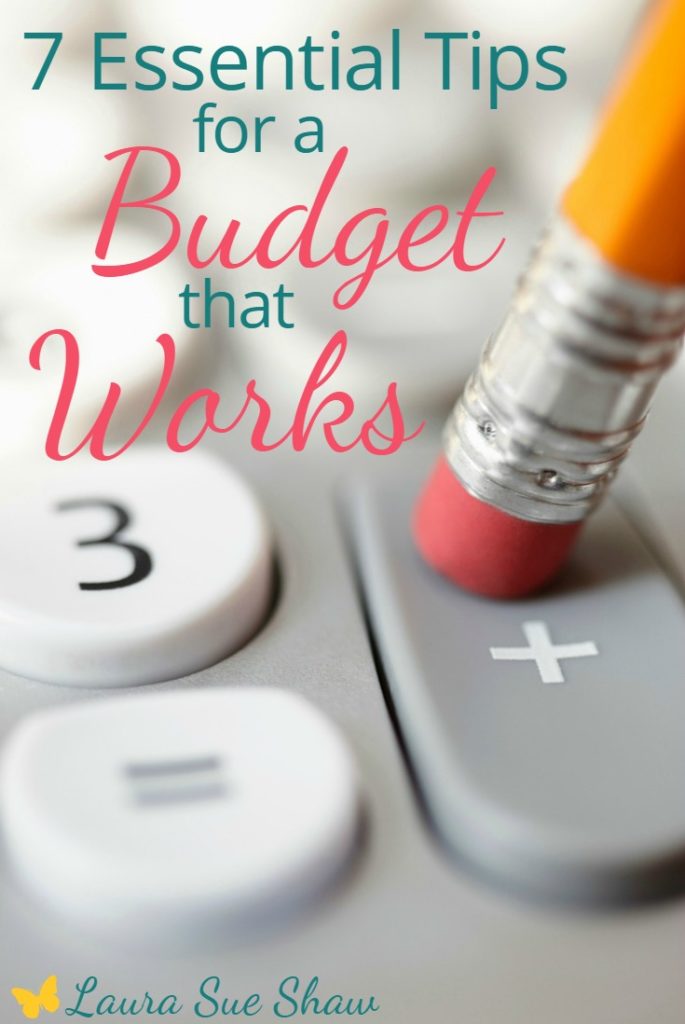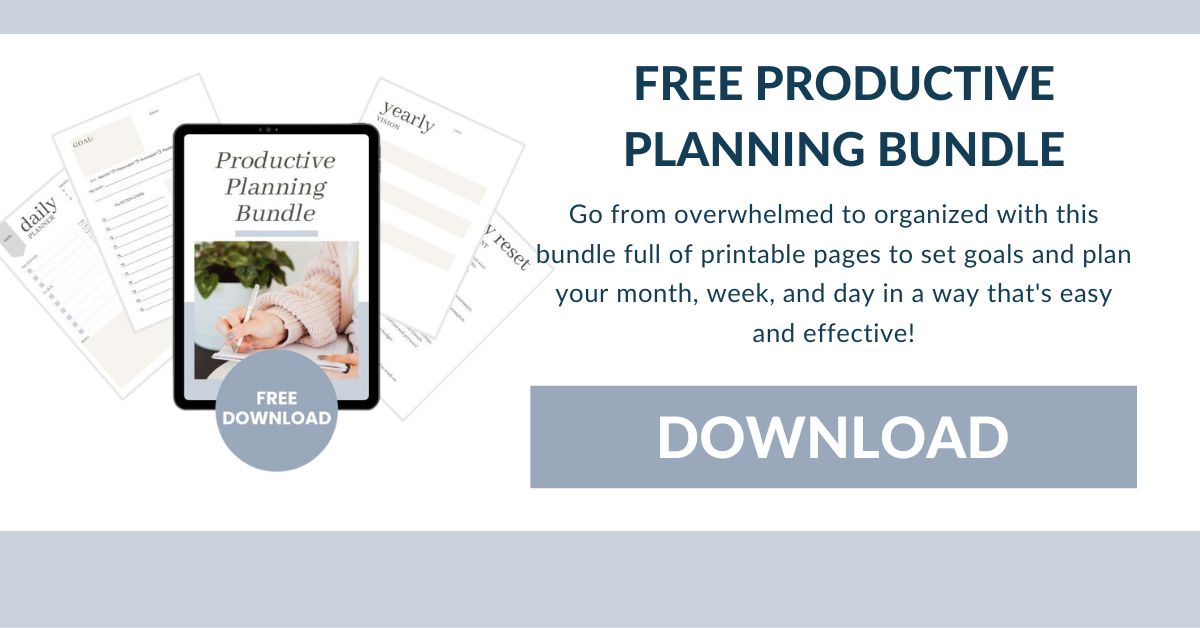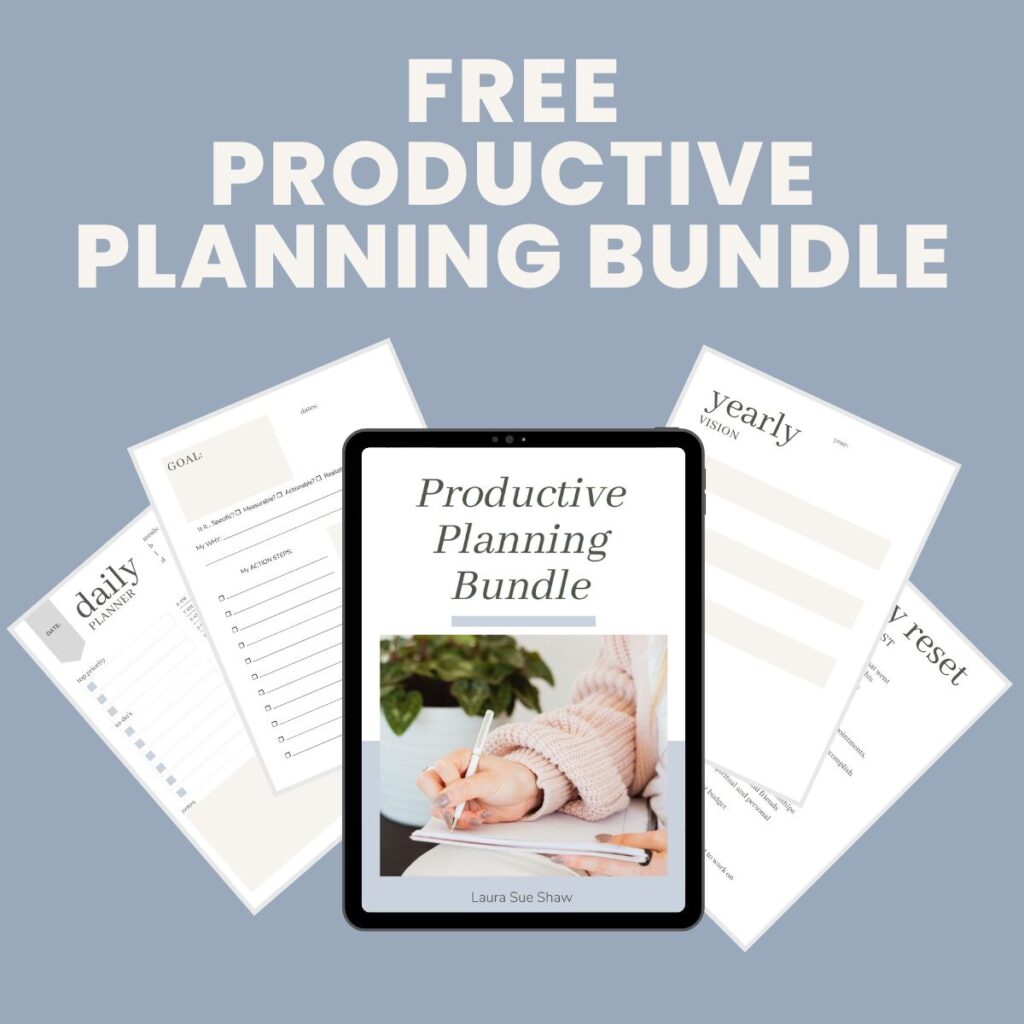“Budget” isn’t a bad word, though it does strike fear into some. But the reality is, a budget actually gives us more freedom with our finances. We’ll feel far more in control when we know exactly where our money is going each month.
Since a budget is so essential to wise financial management, here are 7 tips for better budgeting.

Miscellaneous Category
It’s a good idea to have a backup “miscellaneous” budget category each month for unexpected expenses. This way, you don’t have to borrow from other categories or dip into your emergency savings for small things that come up. Because, no matter how much you plan, something always “comes up!”
This is especially useful when you are just creating your budget and unexpected things pop up – such as that bill that only comes quarterly.
Snowball Debt
“Snowball” debt! If you aren’t familiar with this concept, it is basically making minimum payments on your debts, and applying all the extra you can to the smallest one. Then, when that is paid off, take the amount you were paying and add it to the next smallest debt. The cycle continues until you are debt-free!
Infrequent Bills
Set aside money for infrequent bills. Several companies, such as some in car insurance, bill every few months or six months, etc. Divide the total by the number of months in the billing cycle to figure out how much money you need to set aside each month to have ready and waiting when the bill comes.
You don’t want to scramble at the last minute!
Fun Money
Or, in other words, a “rainy day fund.” Budget some “fun” money each month that you don’t have to keep track of. Budgeting shouldn’t seem like a punishment, you can have some cash set aside for each family member to spend as they please.
Share Your Goals
Share your financial goals with a trusted friend. Check in with them every so often so they can hold you accountable. It is a little easier to stick to your budget when there is someone to answer to when things get off track.
Set up a Bill Payment Calendar
It’s a good idea to set up a calendar with the due dates of all your bills for each month. Even if they’re withdrawn automatically, you need to know what’s coming out of your bank account when and to make sure you don’t incur any late fees. The calendar can easily be made on a paper or in an excel spreadsheet.
401K
It’s NEVER too early (or late!) to start saving for retirement! Most employers have 401K options, many with a company match. The 401K contribution is taken directly out of your paycheck, so you don’t really miss it. Plus, on your check stub it is nice to see the amount steadily increasing throughout the year. You can rest assured that you are making a wise investment for your future!
Don’t let this list overwhelm you! Pick just ONE area to implement first.
Slowly implementing these seven areas will help you build a better budget and set yourself up for financial success.






